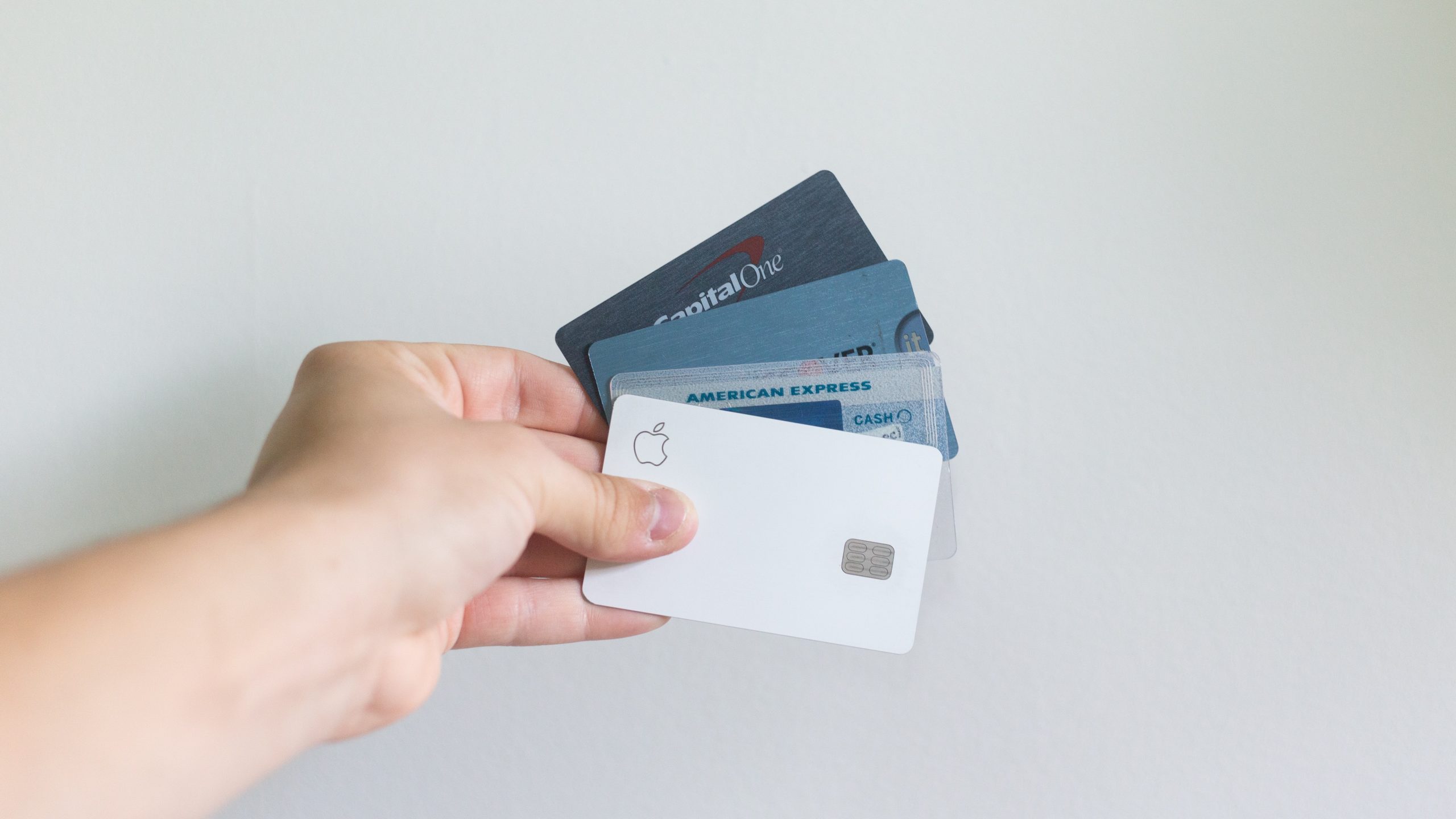by Jessi Burg
One of the biggest sources of confusion and frustration for many small businesses is finances, pricing, and planning for future growth. While we do have a course on financial basics and pricing, (and one on financial planning coming out in October), today’s focus is on business credit.
You might be asking yourself, “Wait, business credit is a thing? How do I get it?” You might even know that you have business credit, but have no idea how to impact it.
What is Business Credit?
Business credit is used as a measure of how financially well-managed your business is. Instead of being linked to you as an individual, it’s linked to your business entity.
Establishing business credit means that you can take out loans, seek capital, and get better rates on interest and credit cards. Without it, these tasks become much harder.
In the initial stages of your business, your business credit is inextricably linked to your personal credit. The assumption is that if you have a good personal credit (usually above 650), you’ll manage your business finances well. If you have poor credit or no credit in your personal life, then business financial institutions are less likely to give your business loans or credit cards.
Only businesses that are their own legal entity can establish business credit. This means that if you’re a Sole Proprietorship, any credit cards you open or loans that you take out will be in your name. When you create a separate business entity such as an LLC or an S Corporation, you are also creating the ability for the business to have its own finances.
Why do I need business credit?
Business credit isn’t linked directly to your personal credit, though some credit institutions will also check your personal credit as part of their process. Having business credit allows you to manage your business finances separately from your personal finances.
This is especially important if you jointly own your business with another person or entity. Maintaining separate finances for your life and your business also ensures that if your business goes bankrupt or gets sued, you don’t risk your personal assets as well.
The longer you’re in business, the more important it is to keep your business and personal finances separate. Having a separate bank account, credit card, and financial records for your business ensures that when you’re ready to take out a loan, sign a lease, or buy a vehicle, you can be evaluated on your business financial skills, not your personal finances.
In addition, many banks will require at least 2 years of business financial records for loans, so building your credit and records early gives you more options in the future.
How do I get business credit?
The easiest way to begin establishing business credit is to open a business credit card and pay it off using your business bank account. Just like establishing personal credit, the best thing to do is to use it regularly and pay it off every month.
There are lots of different types of cards out there, so one place to start is by thinking about what kind of rewards you want. Would your business benefit from cash back? Travel rewards? Gas points? Research cards that have the rewards you want.
Another option is to look at cards that have sign on bonuses. Do they offer no interest for the first year? A cashback reward for spending a certain amount of money?
One thing to keep in mind when you’re starting to look at business credit cards is to check whether they report your credit score back to your personal credit as well. This isn’t necessarily a good or a bad thing.
However, if your business has times of the year where you’re spending a lot of money and your credit card balance may be high, that can impact your ability to get a personal loan.
What if my personal credit is bad? Can I still establish business credit?
Yes, you can! As you grow your business, you’ll be able to create a new credit source for financial institutions to look at. In some cases, this can be a blank slate, where you can start over and learn from past mistakes.
Many people use their business profits to pay off personal debt, which is one way to raise both your personal and business credit. If you’re taking this path, it may be worth choosing a business credit card that reports to your personal credit score. This way, the choices you make in your business can positively affect your personal credit score.
If you have questions about how to establish and implement your business credit, talk to your local Small Business Development Center.
Want more from Outgrow Your Garage?
-Support, connections and resources are invaluable tools for entrepreneurs. Small business owners from a variety of industries come together twice a week for Co-Working & Office Hours to work on their businesses, share insights, and troubleshoot issues. Running a business can feel isolating. You don’t have to do it alone!
-Business education should be easily accessible for everyone at an affordable price. We want you and your small business to succeed. No matter what area of your business you need help in, we offer a variety of business course topics that teach you how to turn your every day tasks into organized systems.




Leave a Reply